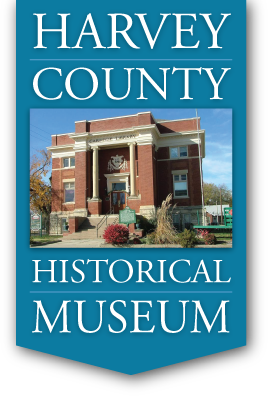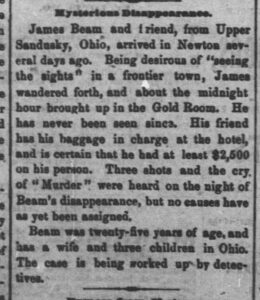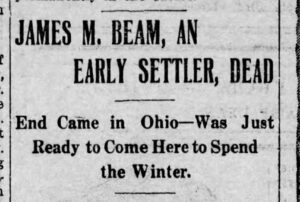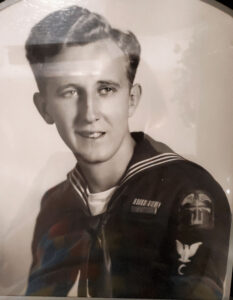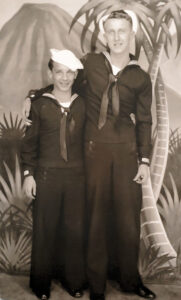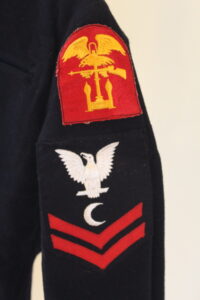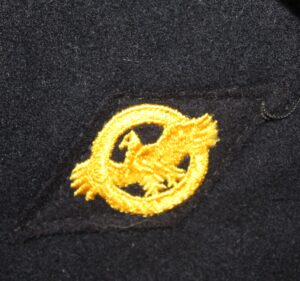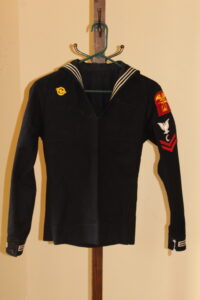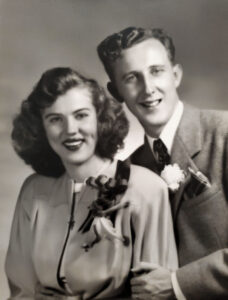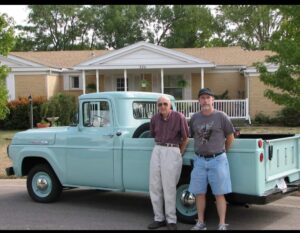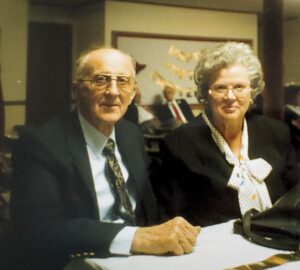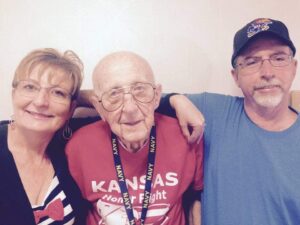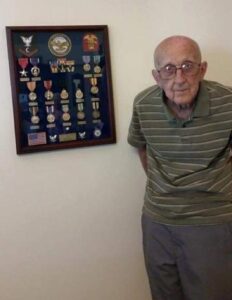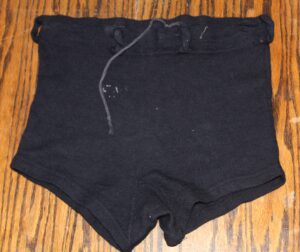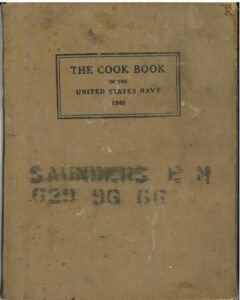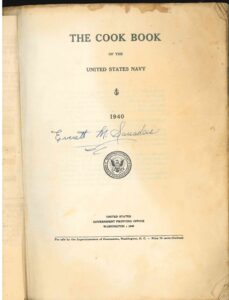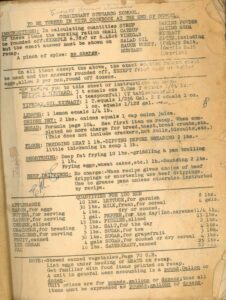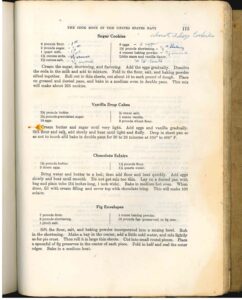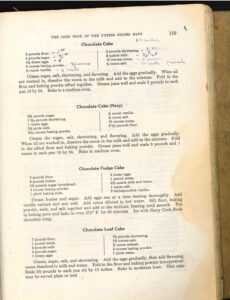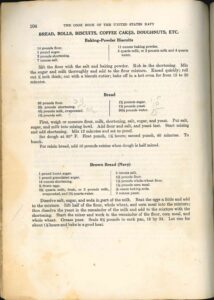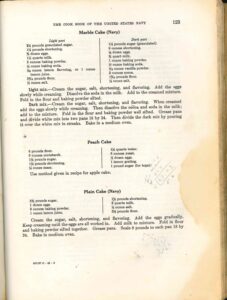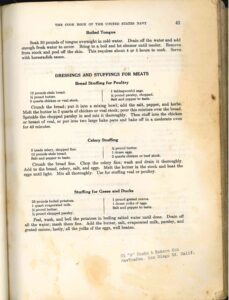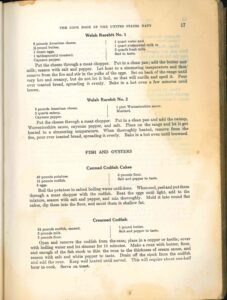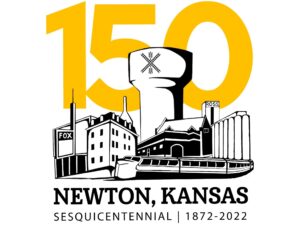by Kristine Schmucker, HCHM Curator
Throughout Harvey County’s 150 years of history there have been the occasional mysteries. People that seemed to disappear, never to be heard from again. This is the first in a series of blog posts “Mysterious & Unsolved Disappearances” that we will share periodically.
“Seeing the Sights” James Beam
The story of James Beam illustrates the absolute lack of law enforcement in Newton in 1871 and the difficulties of communication.
According to newspaper reports twenty-five-year-old James Beam, along with a friend, came to Newton, Ks with the goal of “seeing the sights in a frontier town” in October 1871. They were from Upper Sandusky, Ohio. According to witnesses, James explored the town and at about midnight he entered the Gold Room Saloon in the 600 Block of Main, Newton. One witness reported he heard “three shots and the cry ‘Murder,’ the night of Beam’s disappearance.
James M. Beam was never seen again.
He left baggage at the hotel. His friend thought Beam had about $2,500 “on his person.“
The last mention of James Beam in the the Kansas papers was on November 10, 1871. The Weekly News Democrat mentioned the story from the Topeka Daily Commonwealth, October 31, 1871, and indicated no progress had been made in finding James Beam.
Beam left behind a wife and three children in Ohio.
That seemed to be the end of the story.
Or Was It?
Darren McMannis recently uncovered a clue about the disappearance of James M. Beam in the July 4, 1922 edition of the Hutchinson News. It seems that James Beam did not communicate with his friend of his plans to move on to Reno County or that his family would join him later. The clip reads:
“The first house below the river was built by ‘Jim’ Beam in the fall of 1871 on his claim. Mrs. Emma Beam and her son, Frank M Beam, who live at 101 6th Avenue West, Hutchinson, were among the earliest settlers of the county, ‘across the river.’ . . . The arrived in Hutchinson . . .on February 17, 1872 . . .They were met there by her husband , James M. Beam. . . who came to Reno County in October 1871. J.M. Beam brought the lumber with him by wagon, from Newton, and with it erected the first house on the west side of the Arkansas River, just west of South Hutchinson.” (Hutchinson News, July 4, 1922, in McMannis, Murder & Mayhem, Vol 1, pg. 57.)
From that clue, much more about the life of James M. Beam was discovered.
James M. Beam was one of the earliest settlers in Reno County arriving in October 1871, “before the Santa Fe railroad had been built.” He hauled lumber from Newton to build his house on the south side of the Arkansas River. He lived on the homestead until 1905, when he and his wife moved to Rogers, Ark. While in Reno County, he was engaged in the drug business.
Beam also served as deputy sheriff, and was a Reno county commissioner in 1876-1877. He was born in Licking County, Ohio, March 8, 1848. In 1863, at the age of 15, he enlisted in Company C, 76th Ohio Inf. He fought the Lookout Mountain battle. He was also with Sherman’s army on it’s march to the sea. He helped to save portions of Columbia from burning after the confederate army left. At the end of the war, he was at Bentonville, N. Carolina.
He married Emma Huff Beam on April 11, 1868 and they had two children.
It seems likely the local papers did not comment on his reappearance because they forgot he had mysteriously disappeared.
Sources:
- Daily Commonwealth: 31 October 1871
- Weekly News Democrat: 10 November 1871
- Hutchinson News: 13 November 1916.
Secondary Sources
- McMannis, Darren J.. Deadly Encounters: Murder & Mayhem in Harvey County, Kansas, 1871-1899. Darren McMannis, 2019.
